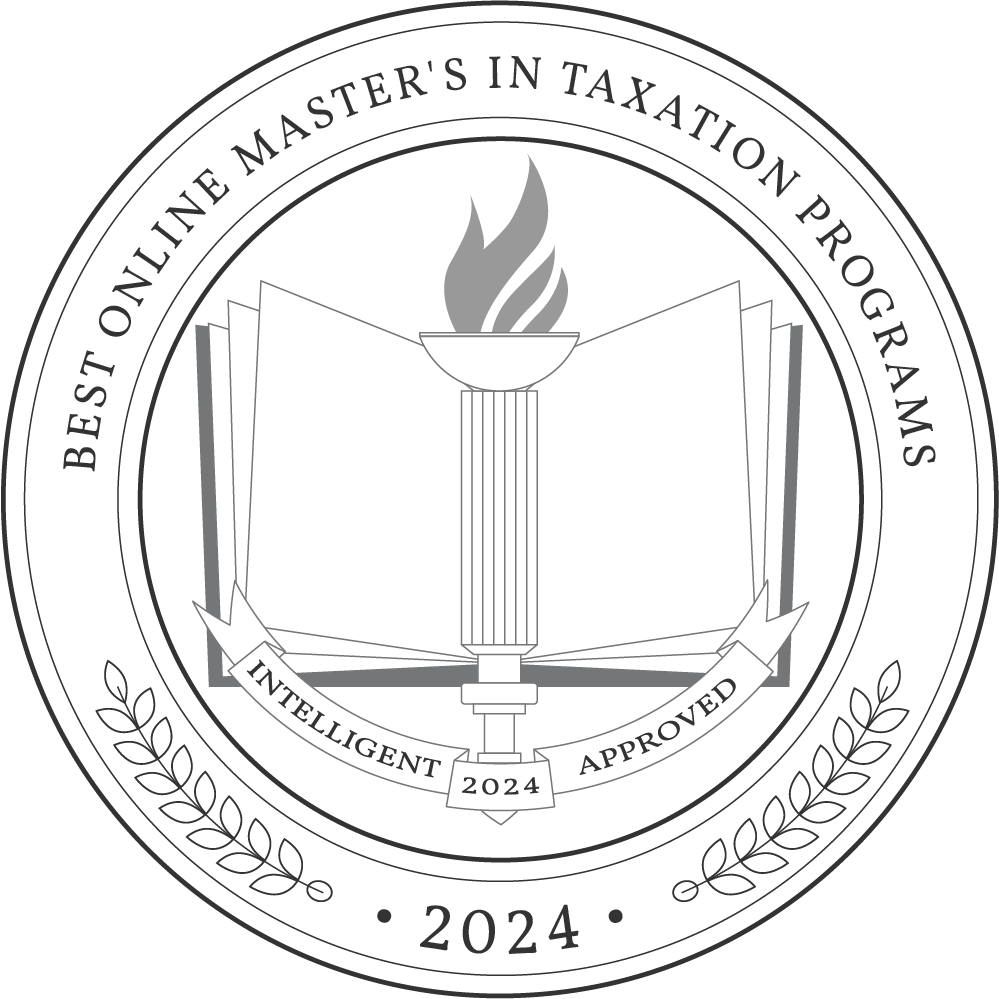Tax law is complicated, and a master’s in taxation prepares students with the required expertise to advise an organization on its tax strategy. Candidates in an online master’s in taxation take coursework related to federal, corporate, and international tax policy; successful graduates can pursue well-paying positions in government, private industry, nonprofit organizations, legal practices, and accounting firms.
Individuals with a graduate degree in taxation may become certified public accountants (CPAs); a master’s in taxation can fulfill the academic requirements for an accounting license. Accountants make an average annual salary of $78,000. Those seeking a more lucrative profession might instead work as a financial manager and make more than $130,000 each year.
An online master’s in taxation may not be necessary for these positions, but it will increase your earning potential and give you an advantage in your job search. Most programs require 30 total credits (ten classes) and cost, on average, $20,513 per year in tuition.
How to Choose an Online Master’s in Taxation Program
Choose your area of study
This degree has two main choices: a Master of Taxation (MTax) or a Master’s in Accounting (MAC) with a concentration in taxation. The latter is best suited for individuals focused on becoming a CPA and earning their accounting license. Both options require applicants to possess an undergraduate degree in a related field. There is a third option, a Master of Laws (LLM) in taxation, meant for practicing attorneys.
Not every program offers the same curriculum, so determine your specific area of study before applying. For example, some schools allow you to choose a concentration and specialize in a niche such as estate taxation or financial data analytics. If you already know what you would like to do after you graduate, look for programs that match these career goals.
Research schools and programs
You should only apply to institutions that have been approved by a DOE-recognized regional accrediting organization, such as the New England Commission of Higher Education or Northwest Commission on Colleges and Universities. These organizations evaluate schools to ensure they provide students with a high-quality education. Those who attend a school that isn’t regionally accredited may be unable to access financial aid or transfer credits to another institution if needed.
Ideally, your master’s in taxation program will also be accredited by a respected industry group like the Association for the Advancement of Collegiate Schools of Business (AACSB) or the Accreditation Council for Business Schools and Programs (ACBSP). These programmatic accrediting organizations have particularly high standards for business education.
As you research further into each program, consider the following:
- What support services are available to online students? Consider what resources you need to be successful. For example, online programs should offer tutoring, tech support, and disability accommodations. Determine how to access faculty office hours and other opportunities for professional networking.
- How does the program integrate hands-on practice? Some, but not all, programs provide optional internships, capstone projects, or immersion opportunities.
To learn more about any schools that you’re interested in, you can visit the school’s website, contact an admissions counselor, follow the school on social media, or attend an in-person or virtual open house.
Prepare for tests and applications
Application requirements vary by school and program. Most online master’s in taxation programs ask applicants for a related undergraduate degree with a minimum GPA (sometimes 3.0 or higher). They may also prioritize students with relevant professional experience in auditing, accounting, or finance. Many master’s in taxation programs require GRE or GMAT scores. Prepare early for the exam, and consider enrolling in a test preparation program.
Undergraduate transcripts, letters of recommendation, and a personal statement may be required as well. Before submitting an application, always contact an admissions counselor to ensure you have the most accurate information regarding requirements and deadlines.
Select your program
Select your program once you’ve narrowed down the options you’re eligible for that meet your professional goals. Choose the most affordable option, the most prestigious one, or the one that works best around your obligations. Be mindful of application deadlines and submit materials early if you can.
Before making your final decision, review your needs and goals again. Do you plan to attend school full-time or part-time? Are you only interested in 100% online programs, or are you fine with a hybrid program that has a few in-person requirements? Some programs offer asynchronous courses, which can be completed at your own pace, while others only offer synchronous courses, which involve remotely attending lectures and completing assignments at the same time as other students — which of these two online learning formats do you prefer? Your school should accommodate your scheduling needs and learning preferences.
Determine how you’ll pay for your degree
Earning a master’s in taxation can immediately increase your earning potential, but the upfront cost of the degree is nonetheless a financial commitment. To determine how best to pay for this degree, fill out the FAFSA form; the FAFSA outlines what federal assistance you might qualify for. From there, meet with an academic advisor to ascertain whether your prior professional or academic work might be transferable as credits.
You should also contact a financial aid counselor for your program. While scholarships and other funding opportunities are highly competitive at the graduate level, you may be eligible to apply at least. These individuals can also determine if you qualify for tuition reductions, such as military discounts. And if you already work in the field, you should see if your employer offers tuition assistance benefits as well.
Best 23 Accredited Online Master's in Taxation Programs
Institution Type
Status
- Intelligent Score
- Alphabetically By University Name
- Acceptance Rate
- Enrollment
- In-state Graduate Tuition
- Out-of-state Graduate Tuition
- In-state Undergraduate Tuition
- Out-of-state Undergraduate Tuition

University of Southern California
Intelligent Score: 98.56Undergraduate Tuition
In-state: $59,260
Out-of-state: $59,260
Graduate Tuition
In-state: $47,880
Out-of-state: $47,880
Test scores
SAT: 1340-1530
ACT: 30-34
ESTIMATED COST PER CREDIT
$2,092
DELIVERY FORMAT
Online, On-Campus
ACCREDITATION
Western Association of Schools and Colleges
REQUIRED CREDITS TO GRADUATE
30
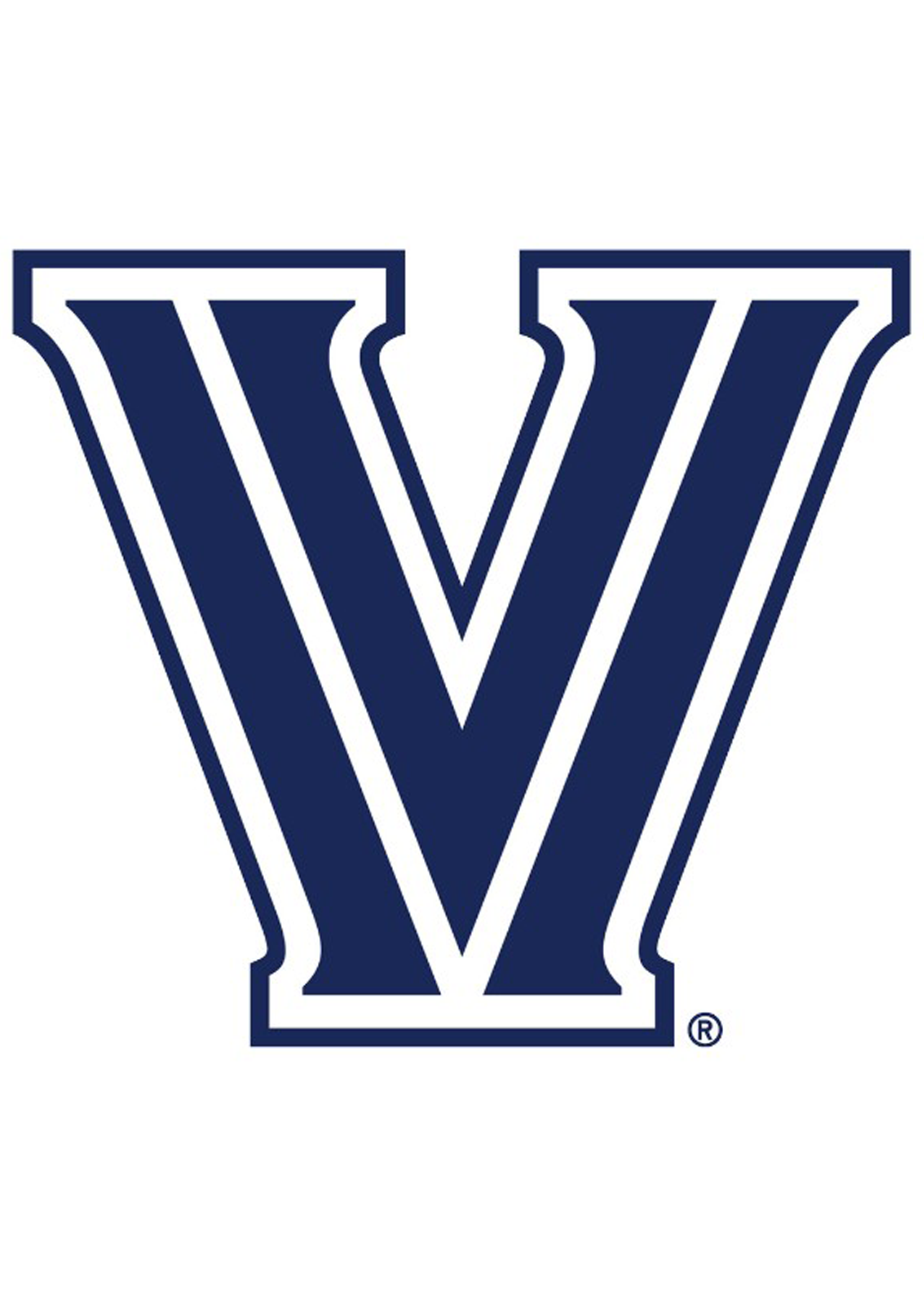
Villanova University
Intelligent Score: 97.71Undergraduate Tuition
In-state: $56,730
Out-of-state: $56,730
Graduate Tuition
In-state: $20,619
Out-of-state: $20,619
Test scores
SAT: 1320-1460
ACT: 30-33
ESTIMATED COST PER CREDIT
$1,450
DELIVERY FORMAT
Online, On-Campus, Hybrid
ACCREDITATION
Middle States Commission on Higher Education
REQUIRED CREDITS TO GRADUATE
30
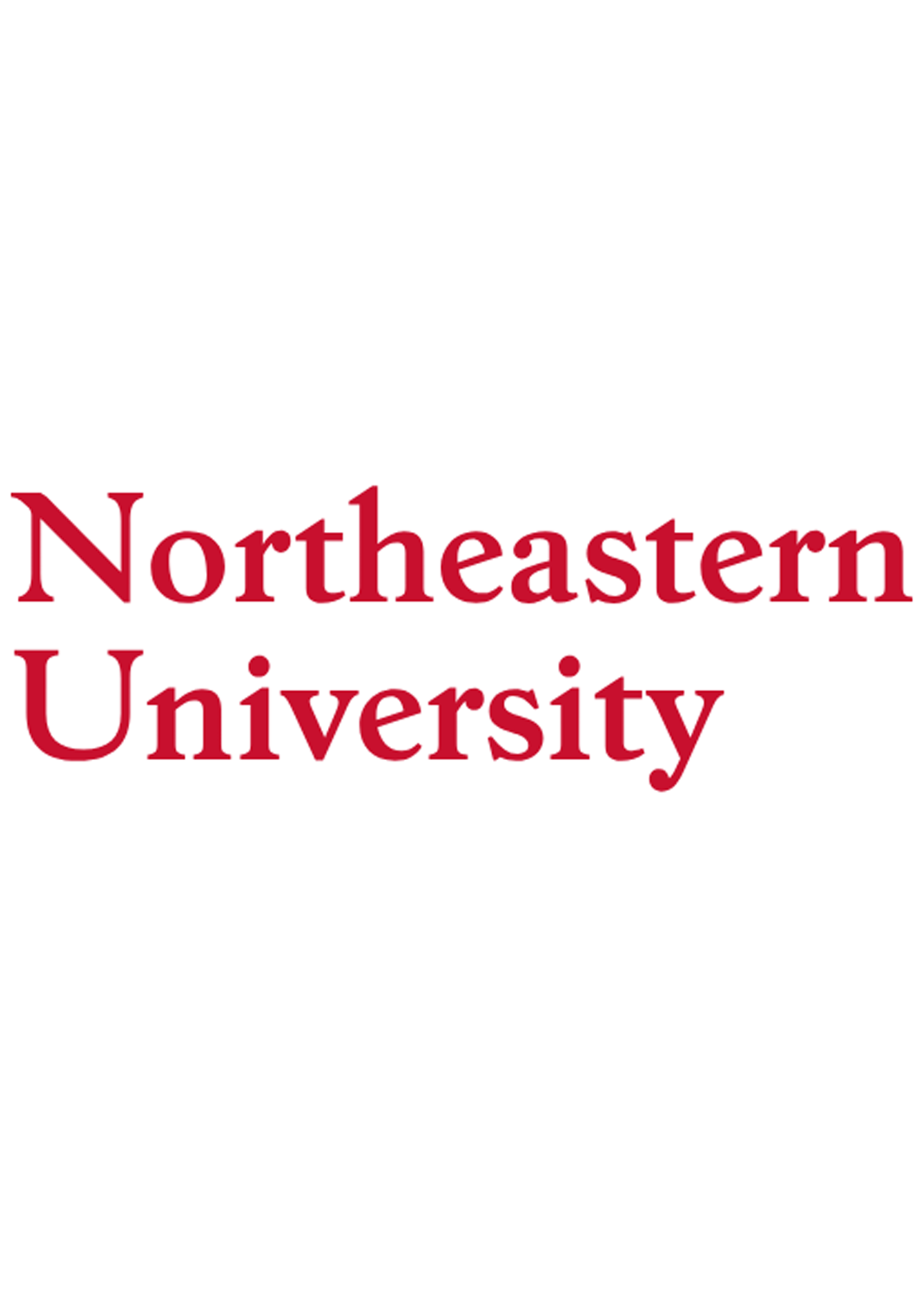
Northeastern University
Intelligent Score: 97.09Undergraduate Tuition
In-state: $54,360
Out-of-state: $54,360
Graduate Tuition
In-state: $25,264
Out-of-state: $25,264
Test scores
SAT: 1410-1540
ACT: 33-35
ESTIMATED COST PER CREDIT
$1,476
DELIVERY FORMAT
Online
ACCREDITATION
New England Commission of Higher Education
REQUIRED CREDITS TO GRADUATE
30

Boston University
Intelligent Score: 96.25Undergraduate Tuition
In-state: $56,854
Out-of-state: $56,854
Graduate Tuition
In-state: $56,854
Out-of-state: $56,854
Test scores
SAT: 1310-1500
ACT: 30-34
ESTIMATED COST PER CREDIT
$2,548
DELIVERY FORMAT
Online
ACCREDITATION
New England Commission of Higher Education
REQUIRED CREDITS TO GRADUATE
24

Bentley University
Intelligent Score: 93.73Undergraduate Tuition
In-state: $53,790
Out-of-state: $53,790
Graduate Tuition
In-state: $40,992
Out-of-state: $40,992
Test scores
SAT: 1180-1360
ACT: 26-31
ESTIMATED COST PER CREDIT
$1,810
DELIVERY FORMAT
Online, On-Campus
ACCREDITATION
Association to Advance Collegiate Schools of Business
REQUIRED CREDITS TO GRADUATE
30
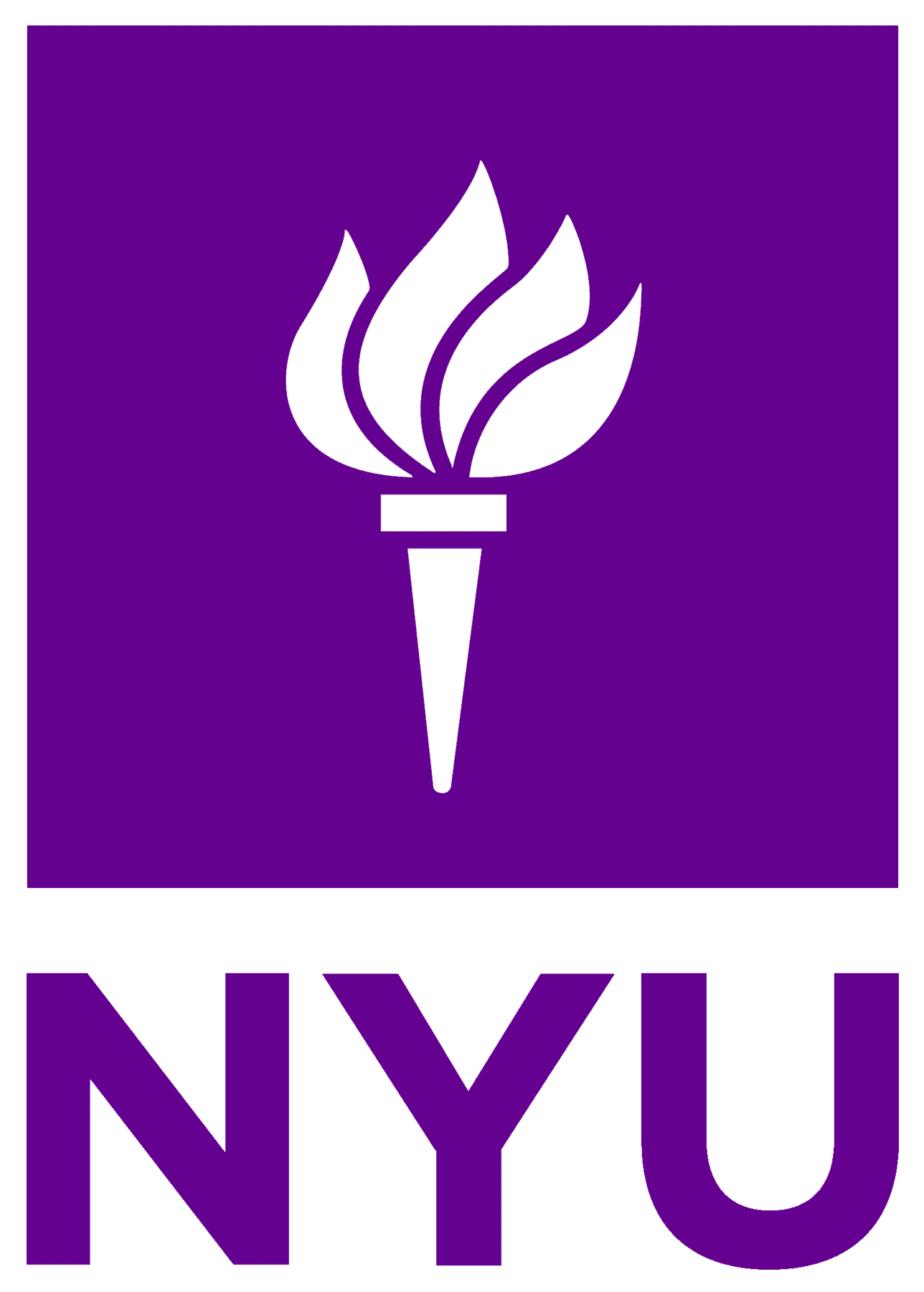
NYU Law
Intelligent Score: 93.59Undergraduate Tuition
In-state: $52,204
Out-of-state: $52,204
Graduate Tuition
In-state: $34,704
Out-of-state: $34,704
Test scores
SAT: 1370-1540
ACT: 31-34
ESTIMATED COST PER CREDIT
$2,020
DELIVERY FORMAT
Online
ACCREDITATION
Middle States Commission on Higher Education
REQUIRED CREDITS TO GRADUATE
30
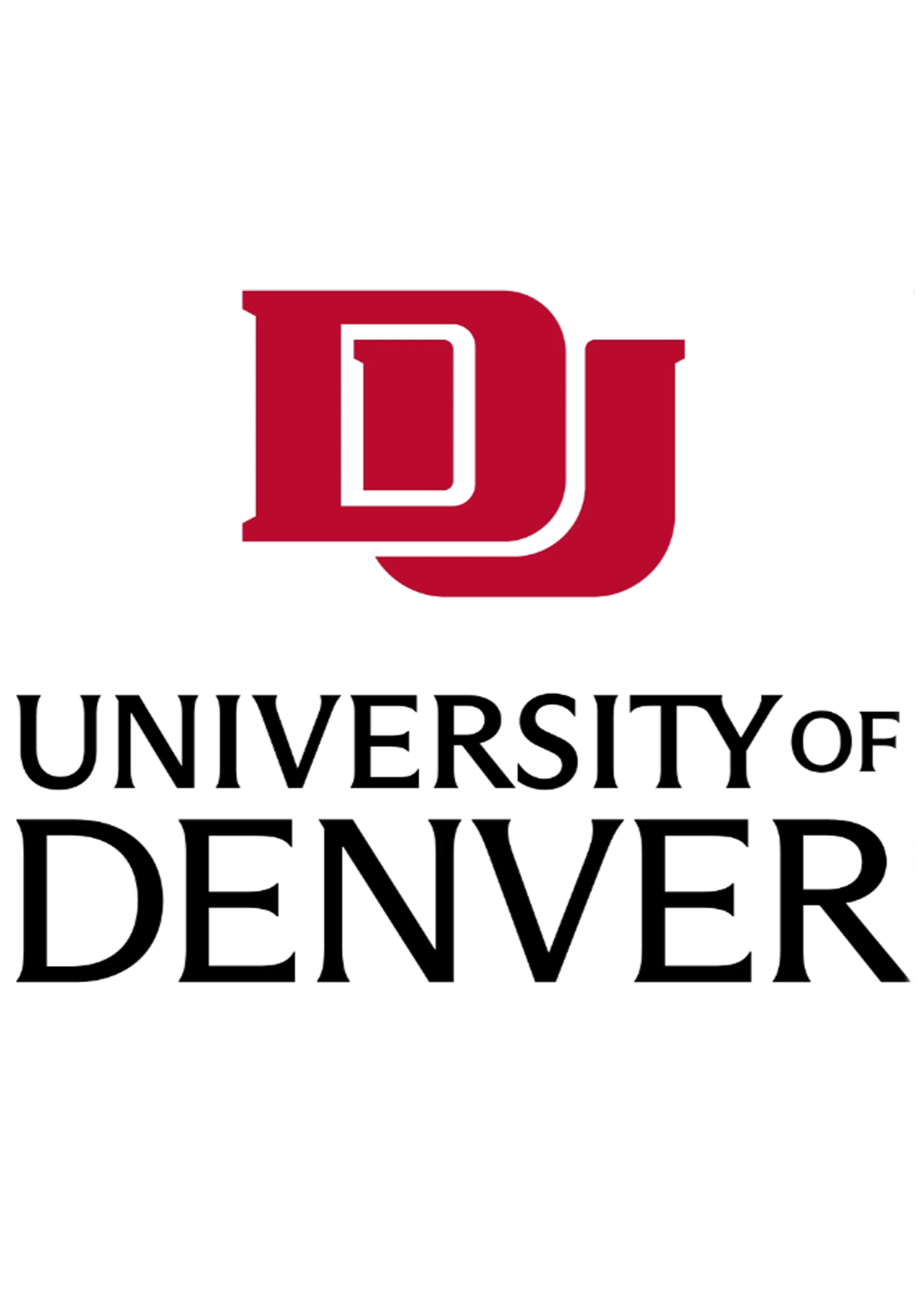
University of Denver Sturm College of Law
Intelligent Score: 92.19Undergraduate Tuition
In-state: $52,596
Out-of-state: $52,596
Graduate Tuition
In-state: $52,596
Out-of-state: $52,596
Test scores
SAT: 1170-1360
ACT: 26-31
ESTIMATED COST PER CREDIT
$1,258
DELIVERY FORMAT
Online, On-Campus
ACCREDITATION
Higher Learning Commission
REQUIRED CREDITS TO GRADUATE
30

University of Cincinnati
Intelligent Score: 92.03Undergraduate Tuition
In-state: $9,723
Out-of-state: $25,057
Graduate Tuition
In-state: $13,224
Out-of-state: $13,224
Test scores
SAT: 1120-1330
ACT: 23-29
ESTIMATED COST PER CREDIT
$1,005
DELIVERY FORMAT
Online
ACCREDITATION
Higher Learning Commission
REQUIRED CREDITS TO GRADUATE
30
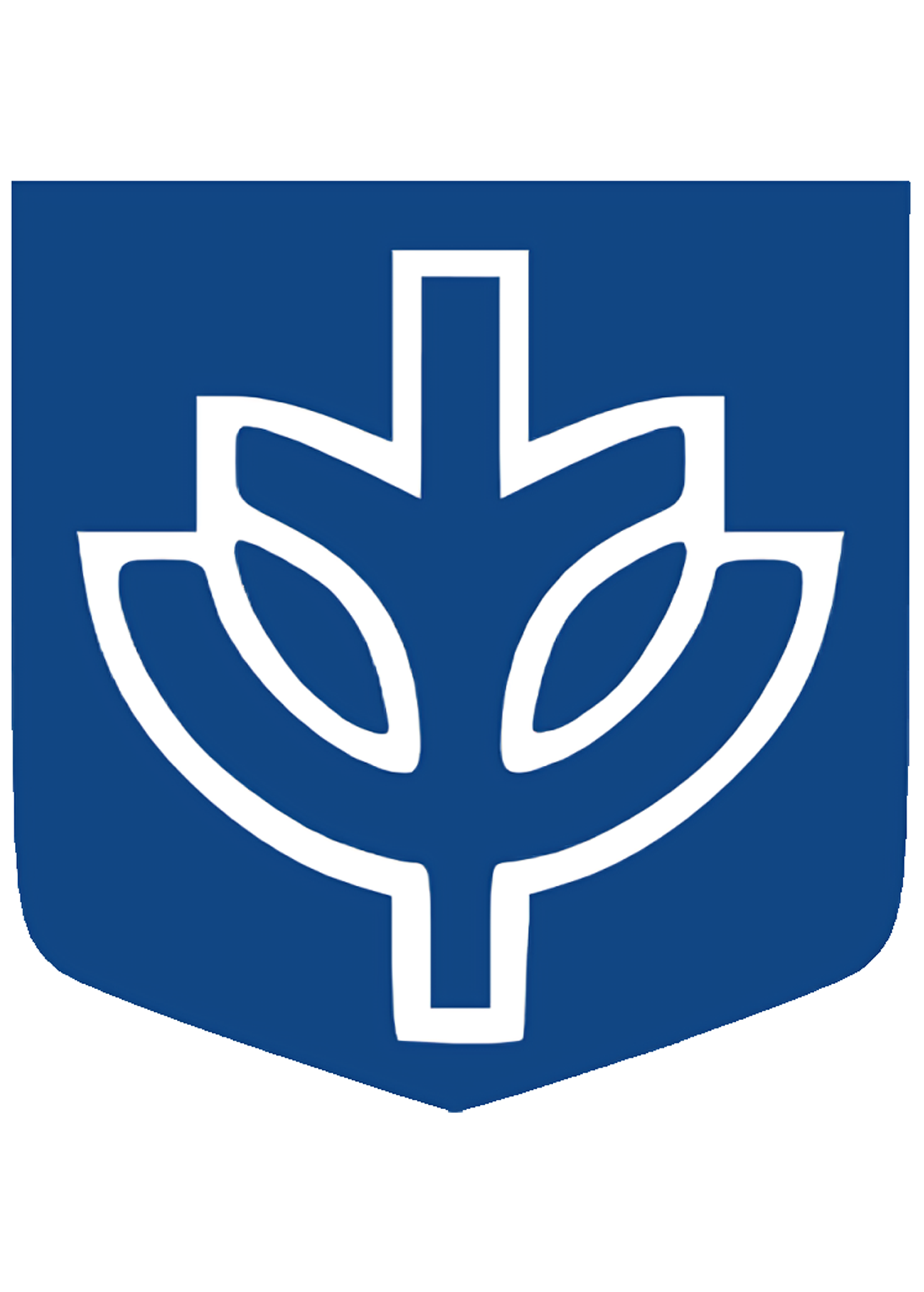
DePaul University
Intelligent Score: 91.97Undergraduate Tuition
In-state: $40,551
Out-of-state: $40,551
Graduate Tuition
In-state: $19,370
Out-of-state: $19,370
Test scores
SAT: N/A
ACT: N/A
ESTIMATED COST PER CREDIT
$1,040
DELIVERY FORMAT
Online
ACCREDITATION
Higher Learning Commission
REQUIRED CREDITS TO GRADUATE
45

Golden Gate University
Intelligent Score: 91.47Undergraduate Tuition
In-state: $12,456
Out-of-state: $12,456
Graduate Tuition
In-state: $19,620
Out-of-state: $19,620
Test scores
SAT: N/A
ACT: N/A
ESTIMATED COST PER CREDIT
$1,250
DELIVERY FORMAT
Online, On-Campus
ACCREDITATION
WASC Senior College and University Commission
REQUIRED CREDITS TO GRADUATE
30

FAU School of Accounting Executive Programs
Intelligent Score: 91.2Undergraduate Tuition
In-state: $2,522
Out-of-state: $14,374
Graduate Tuition
In-state: $5,467
Out-of-state: $5,467
Test scores
SAT: 1060-1220
ACT: 21-26
ESTIMATED COST PER CREDIT
Resident: $372
Non-Resident: $1,027
DELIVERY FORMAT
Online, On-Campus
ACCREDITATION
Southern Association of Colleges and Schools Commission on Colleges
REQUIRED CREDITS TO GRADUATE
30
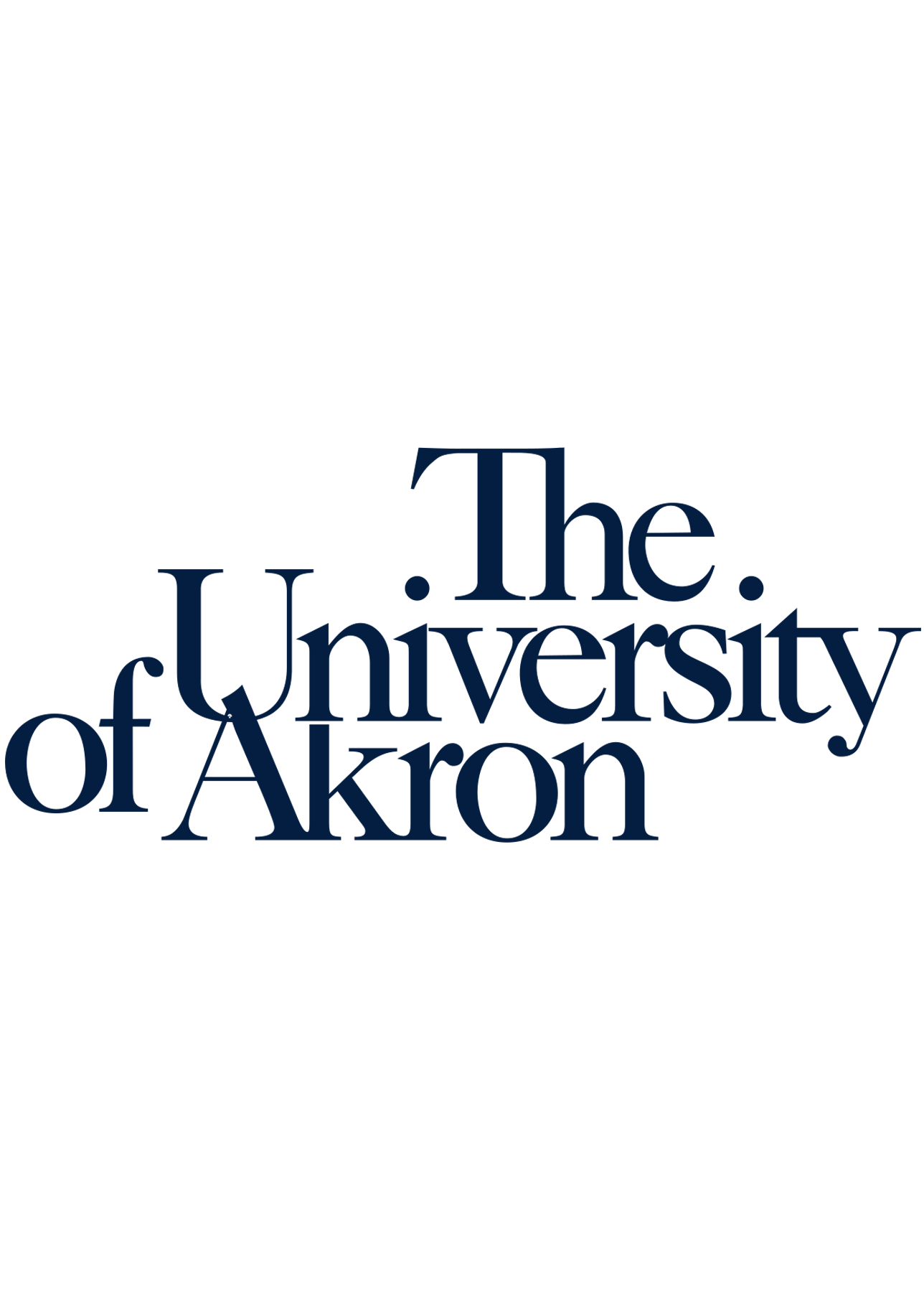
The University of Akron
Intelligent Score: 91.01Undergraduate Tuition
In-state: $9,596
Out-of-state: $15,500
Graduate Tuition
In-state: $8,306
Out-of-state: $8,306
Test scores
SAT: 990-1230
ACT: 19-25
ESTIMATED COST PER CREDIT
$833
DELIVERY FORMAT
Online
ACCREDITATION
Higher Learning Commission
REQUIRED CREDITS TO GRADUATE
30-36

University of Hartford
Intelligent Score: 90.21Undergraduate Tuition
In-state: $40,490
Out-of-state: $40,490
Graduate Tuition
In-state: $14,292
Out-of-state: $14,292
Test scores
SAT: 1020-1210
ACT: 22-29
ESTIMATED COST PER CREDIT
$814
DELIVERY FORMAT
Online
ACCREDITATION
New England Commission of Higher Education
REQUIRED CREDITS TO GRADUATE
30

University of New Haven
Intelligent Score: 89.74Undergraduate Tuition
In-state: $40,170
Out-of-state: $40,170
Graduate Tuition
In-state: $17,370
Out-of-state: $17,370
Test scores
SAT: 1050-1220
ACT: 22-28
ESTIMATED COST PER CREDIT
$1,020
DELIVERY FORMAT
Online
ACCREDITATION
New England Commission of Higher Education
REQUIRED CREDITS TO GRADUATE
30

St. John's University
Intelligent Score: 88.79Undergraduate Tuition
In-state: $77,492
Out-of-state: $77,492
Graduate Tuition
In-state: $66,882
Out-of-state: $66,882
Test scores
SAT: 1110-1310
ACT: 24-29
ESTIMATED COST PER CREDIT
$1,280
DELIVERY FORMAT
Online, On-Campus
ACCREDITATION
Middle States Commission on Higher Education
REQUIRED CREDITS TO GRADUATE
31

California State University at Northridge
Intelligent Score: 88.54Undergraduate Tuition
In-state: $5,742
Out-of-state: $17,622
Graduate Tuition
In-state: $7,176
Out-of-state: $7,176
Test scores
SAT: 870-1060
ACT: 15-20
ESTIMATED COST PER CREDIT
$795
DELIVERY FORMAT
Online, On-Campus
ACCREDITATION
WASC Senior College and University Commission
REQUIRED CREDITS TO GRADUATE
30

Walsh College
Intelligent Score: 87.91Undergraduate Tuition
In-state: $27,670
Out-of-state: $27,670
Graduate Tuition
In-state: $19,152
Out-of-state: $19,152
Test scores
SAT: 1030 and 1320
ACT: 20 and 26
ESTIMATED COST PER CREDIT
$924
DELIVERY FORMAT
Remote
ACCREDITATION
Higher Learning Commission
REQUIRED CREDITS TO GRADUATE
30
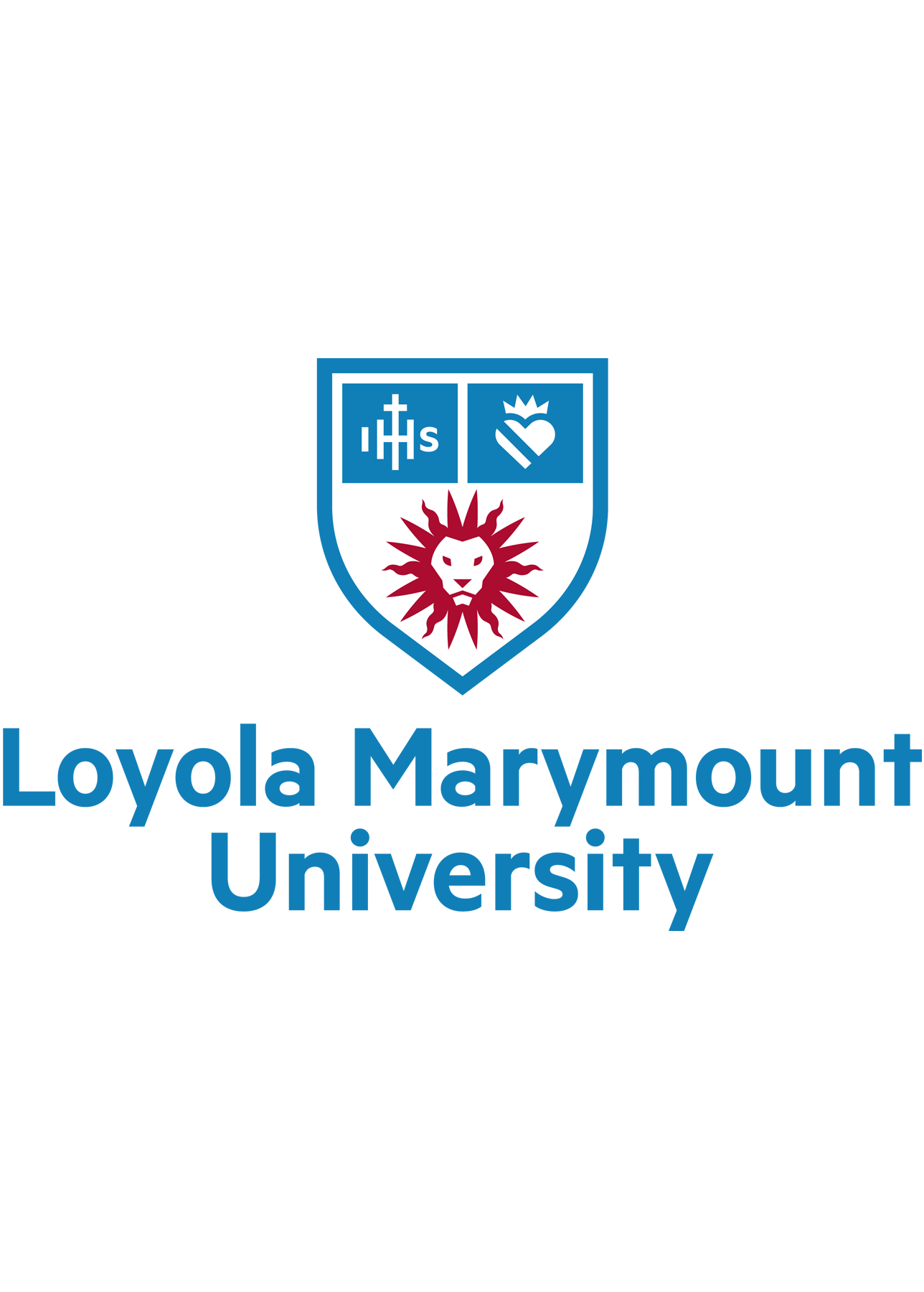
Loyola Marymount University
Intelligent Score: 87.38Undergraduate Tuition
In-state: $51,820
Out-of-state: $51,820
Graduate Tuition
In-state: $19,460
Out-of-state: $19,460
Test scores
SAT: 1210-1390
ACT: 27-31
ESTIMATED COST PER CREDIT
$1,526
DELIVERY FORMAT
Hybrid
ACCREDITATION
WASC Senior College and University Commission
REQUIRED CREDITS TO GRADUATE
30
How We Rank Schools
Our research focused on master’s-level programs in taxation. There are several different types of degrees available in this field, including Master of Accounting (MAC), Master of Taxation (MTax), and Master of Laws (LLM).
As a quality measure, we only included programs offered by regionally accredited institutions. Many programs are further accredited by specialized accrediting bodies like the Association to Advance Collegiate Schools of Business (AACSB) and the Accreditation Council for Business Schools and Programs (ACBSP).
Another criterion was that programs be available entirely or primarily online, ensuring accessibility for the greatest number of students regardless of schedule and location. Many programs can also be completed in-person or as hybrid programs.
Our team evaluated each program based on outcomes, affordability, faculty, reputation, and flexibility. Then, we calculated an Intelligent Score for each option on a scale of 0 to 100. For a more extensive explanation, check out our ranking methodology.
What Can You Expect from an Online Master’s in Taxation Program?
An online master’s in taxation is designed for working adults with several years of experience in finance or accounting. Coursework is highly specialized and counts toward CPA licensure or continuing education units. Explore topics related to corporate taxation, international tax regulations, and federal tax law; you’ll become an expert in upholding compliance while reducing tax liability. Participants learn the necessary expertise to qualify for advanced financial positions with an organization.
Coursework takes one to two years to complete for full-time students. Part-time students may need up to three years to graduate.
Potential courses you’ll take in an online master’s in taxation program
- Tax Law and Policy. Students examine federal and international policies through tax reforms related to individual taxpayers. Coursework emphasizes a theoretical framework and how it applies to real-world scenarios.
- Topics in Corporate and Tax Law. This course details corporate-specific tax issues, such as mergers, acquisitions, and bankruptcy.
- International Taxation. Participants learn how foreign assets apply within U.S. federal income tax provisions.
- IRS Practice and Procedure. Students engage in specialized study of the Internal Revenue Service. In particular, participants learn about the daily processes and responsibilities of IRS officials.
What Can You Do With an Online Master’s in Taxation?
Career outlook
Navigating the intricate landscape of taxation is an essential function in both personal and business financial planning. An online master’s degree in taxation equips individuals with advanced knowledge of tax regulations, strategies, and compliance, making them valuable assets in the fields of accounting, finance, and business consulting.
Indeed, from tax planning and advisory roles to leadership positions and entrepreneurial ventures, a diverse range of opportunities are available to those who earn an online master’s in taxation. As individuals and businesses seek to optimize their financial strategies and navigate complex tax codes, the need for skilled taxation professionals continues to rise. An online master’s in taxation provides a competitive edge in this demanding and rewarding field.
Here are some possible career paths to consider when you have earned an online master’s in taxation:
- Accountant or auditor — Assess financial operations and prepare and examine financial records.
- Median annual salary: $78,000
- Projected employment growth (through 2032): 4%
- New job openings projected: 126,500 annually
- Financial examiner — Ensure regulatory compliance by reviewing balance sheets, expense accounts, and other financial records.
- Median annual salary: $82,210
- Projected employment growth (through 2032): 20%
- New job openings projected: 6,300 annually
- Financial manager — Maintain the financial health of an organization by directing investment activities, managing tax strategies, and developing plans for meeting long-term financial goals.
- Median annual salary: $139,790
- Projected employment growth (through 2032): 16%
- New job openings projected: 69,600 annually
Online Master’s in Taxation Degree Frequently Asked Questions
How do I apply to an online master's in taxation degree program?
First, confirm that you meet all of the eligibility requirements. To apply, review the application materials outlined on each program’s webpage. While exact lists differ, most master’s in taxation programs request the following:
- A completed application
- Official transcripts from an accredited undergraduate program in a related field (business, finance, or accounting)
- GRE or GMAT scores (if applicable)
- A professional resume
- A personal statement
- Letters of recommendation
- Proof of English proficiency (if applicable)
- A non-refundable processing fee
For any questions regarding the application process, contact an admissions counselor.
How much does an online master's in taxation degree cost?
The average graduate degree program costs $20,513 per year in tuition. Private schools tend to be more expensive than public schools. Also, public schools typically charge much higher tuition rates to out-of-state students than in-state students.
When determining your expenses, there are often supplemental charges to consider. For example, tuition does not include the cost of books or computer-related materials.
How long does it take to earn an online master's in taxation degree?
A typical master’s degree in taxation is 30 credit hours (or ten classes). Full-time attendees can graduate within two years or less. Part-time students who continue working full-time alongside their coursework may need up to three years to graduate.
Is an online master's in taxation worth it?
This advanced degree equips professionals with specialized knowledge of tax codes, regulations, and financial strategies.
One of the key benefits of earning a master’s in taxation is the potential for higher salary levels and career advancement. Graduates with this degree often qualify for higher-paying roles, such as tax consultants, managers, or certified public accountants, that are integral to financial planning and business success.
Online master’s programs in taxation offer more flexibility than on-campus programs, allowing students to enhance their skills while managing work and personal commitments. Virtual learning platforms offer access to specialized tax knowledge, case studies, and interactive discussions, enabling professionals to stay current with evolving tax laws.
Compare School Options
Related Degrees
- International Business
- Information Systems Management
- Human Resources
